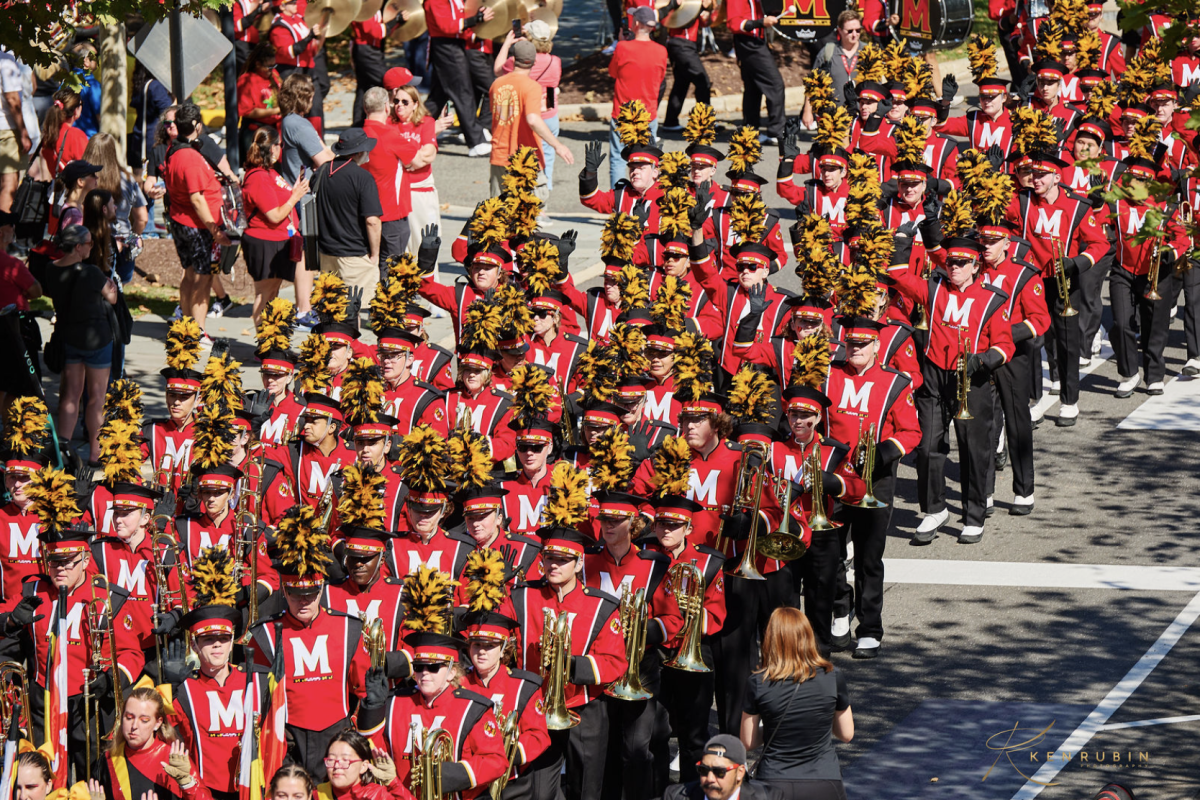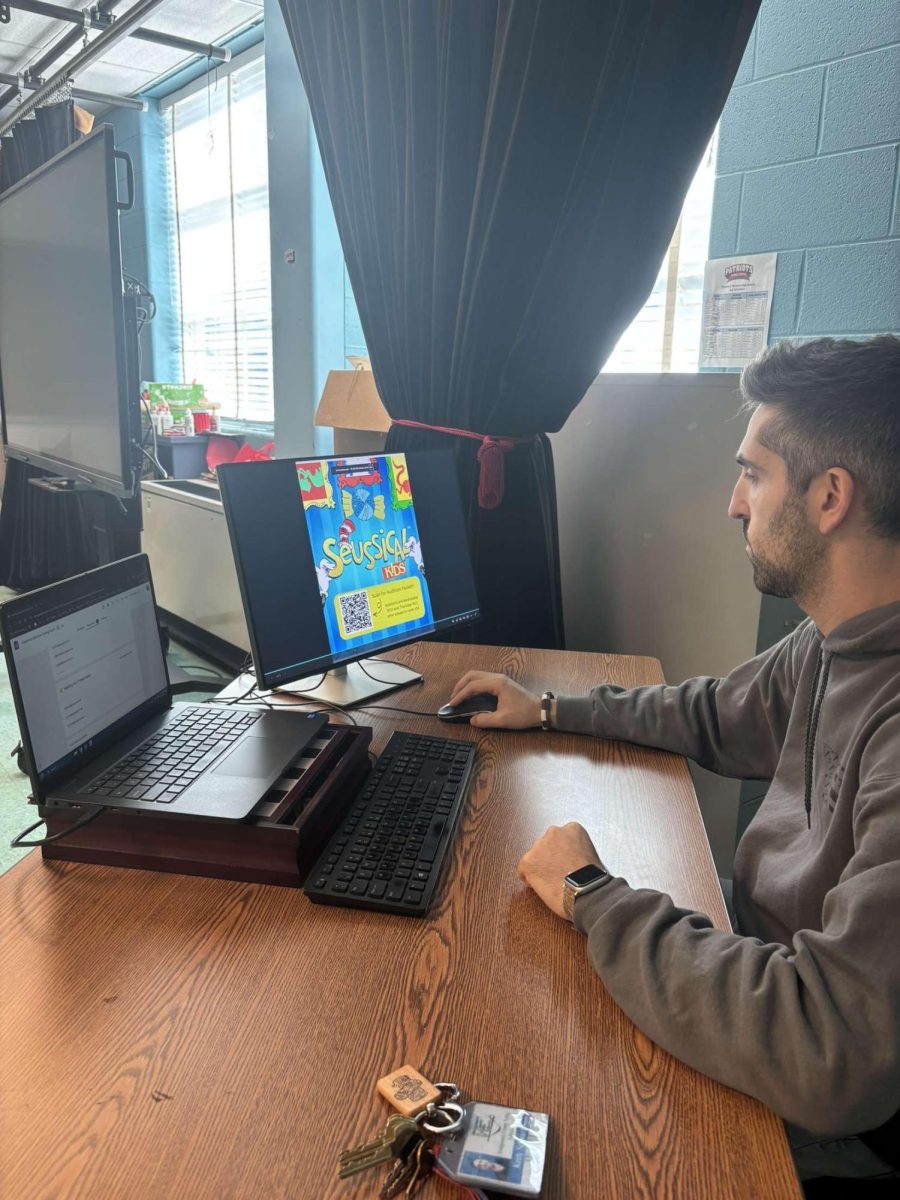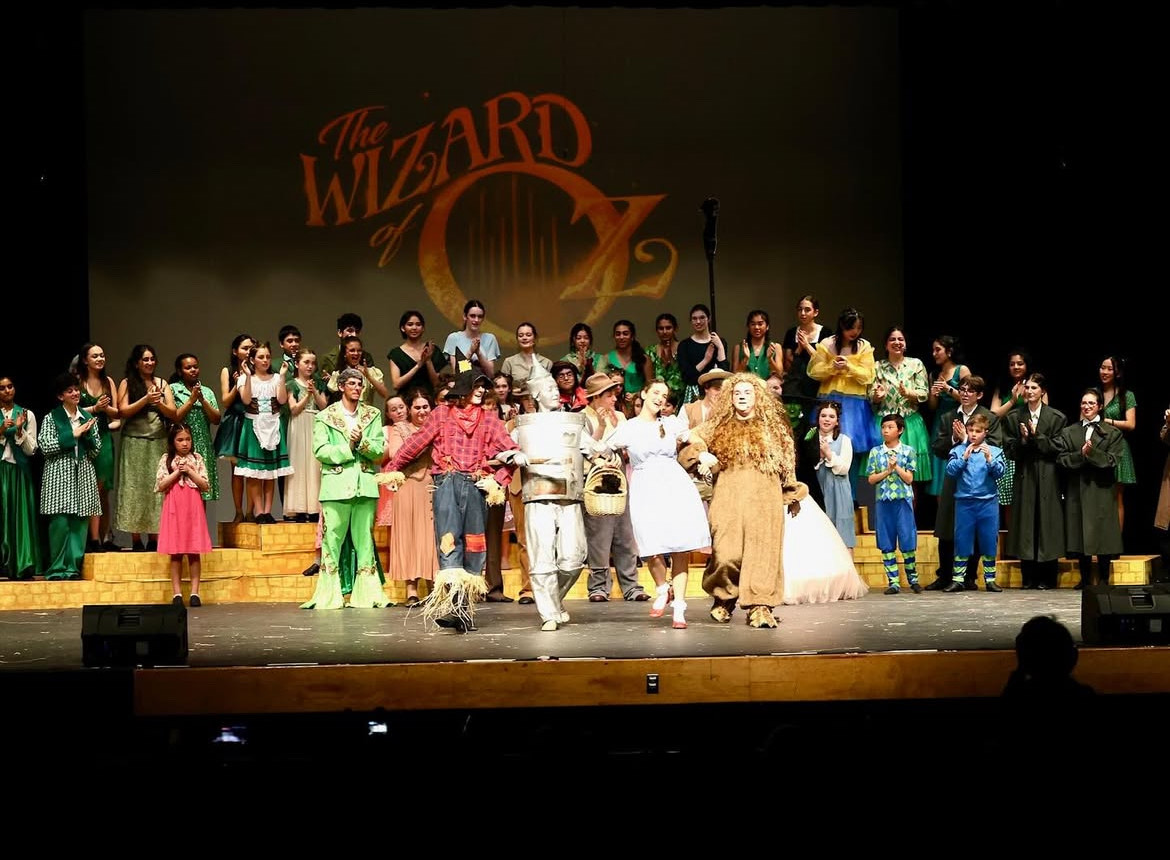“Cut!” The director grits their teeth,cursing under their breath. They glance to see their assistant director, holding the filming schedule and tapping the face of their watch. The director turns back to the two actors, one of which has to leave in 20 minutes for a piano lesson, and the other who has already been replaced twice due to scheduling conflicts. “Again” the director says, choosing to ignore the unfinished essay waiting for them at home.
With time consuming planning, coordinating with other high schooler’s hectic schedules and working with little money, balancing a filmmaking hobby with high school’s workload is a daunting task that few students choose to pursue.
Students are drawn to filmmaking as an artform because of its impact on popular media. Movies have dominated the media for decades as one of the most popular forms of entertainment, and films from Moonlight to An Inconvenient Truth have inspired real social change. Whether it’s because they want to tell personal stories through the visual language of film, or simply want to entertain and amaze, high schoolers find their dreams revolving around the silver screen.
Filmmakers traditionally begin to seriously pursue their craft once they’re in college. High school students who gain experience before college can get a serious leg up on those who start making films later, learning and practicing valuable skills before they’re required to use them. As alumnus and current film major Conner White said, “If you’re fortunate enough, you can enter the industry without a formal education and start making a living right away.”
Making films in high school can be a burden on one’s academic career. Preparations for a production can take the better part of a few months, filling a student’s free time with shotlists and storyboards: tools used to organize and flesh out ideas related to shot composition and symbolism. For those who get truly engrossed in their artistic process, this could mean film work overtaking extra curriculars, or even seeping into the school day. As Walter Johnson senior and director Dylan Rose said, when he’s “focused on [his] films, [they] become all [he] really focused on.”
Young filmmakers customarily lack the funds or skills to hire professional actors and access advanced equipment. This results in relying on peers with chaotic schedules, lack of transportation, school responsibilities and a plethora of other factors, making simply scheduling a film an arduous ordeal that student filmmakers constantly struggle with. Peers with acting experience are few and far between, and are generally trained for stage acting as opposed to film.
Despite this, high school filmmakers have access to otherwise unusable opportunities. Film festivals often have a student category for filmmakers under 18, where one can gain resume building awards and win money and equipment. Also, they have access to English teacher Melissa Kaplan’s film analysis class. Kaplan said an analysis class would benefit filmmakers, especially in preparing them for their futures, and she’s “hoping that if one wants to be a filmmaker, they have to understand those techniques on that analytical level before they begin practicing them.”







